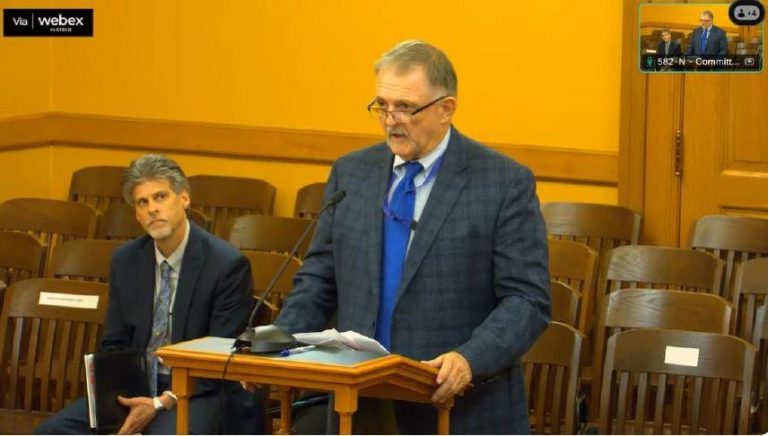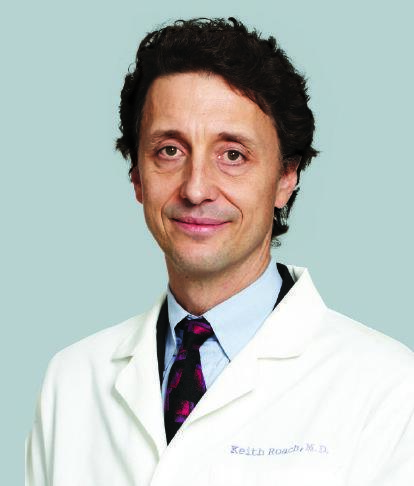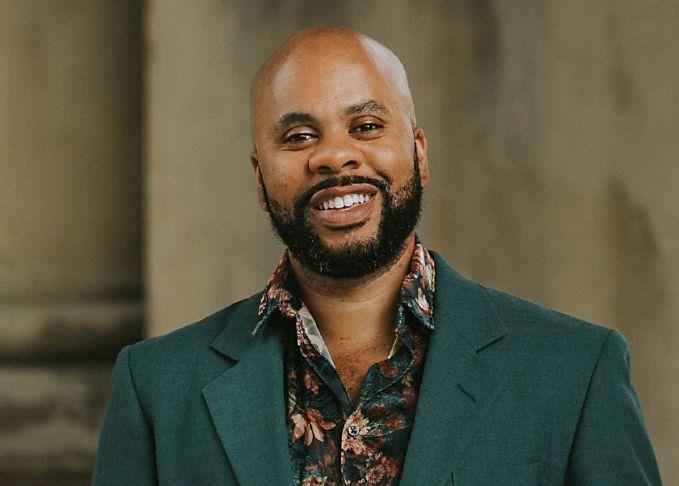Q: Alzheimer's runs in my family. What can I do to prevent it or at least reduce progression if I get it? -- Susan H., DenverA: You don't have to wait for some pharmaceutical treatment to prevent or roll back your risk for dementia. You have the power to do that by making smart lifestyle choices. And two very exciting new studies back up what we've been saying for years.The first was directed by Dr. Dean Ornish, the founder and president of Preventive Medicine Research Institute. The researchers enlisted 51 participants with a verified diagnosis of Mild Cognitive Impairment (MCI) or early Alzheimer's disease (AD) and randomly assigned them to either an intensive lifestyle intervention group or a usual-care control group.The group making lifestyle changes adopted a minimally processed, plant-based diet low in harmful fats, refined carbohydrates, alcohol and sweeteners and took supplements, including omega-3s, probiotics, vitamins and minerals, CoQ10, and Lion's Mane. They did daily moderate aerobic exercise and strength training for at least 30 minutes and meditation, stretching, breathing and imagery, for one hour daily. They also participated in support groups for an hour three times a week.After 20 weeks, over 70% of the folks in the intervention group had either stayed the same or had improved cognition, while none of the patients in the control group showed improvement and 68% worsened.Then, another study found that 72 sessions of high-intensity interval training (HIIT) on a treadmill over a six-month stretch noticeably improves cognition in folks ages 65 to 85. Bonus: It keeps cognition elevated for the next five years, even if you don't keep up with the exercise. (But, please do keep exercising!)For details on 40 choices that have been shown in at least two studies to prevent or reverse MCI and/or AD, pick up a copy of Dr. Mike's book "The Great Age Reboot" and delve into Dr. Oz's blogs on iHerb.com, including "More Movement May Increase Longevity -- Here's Why." * * *Q: I find myself losing focus and even nodding off at my desk around 4 p.m. What's going on and how can I prevent that? -- Alica R., Rochester, MinnesotaA: You're not alone. A survey conducted by OnePoll found that 21% of folks say they deal with an afternoon slump -- usually around three o'clock -- and for some reason, Tuesdays are the worst. (Maybe back-to-work Mondays are just too exhausting.) But there are a few solid reasons that it happens and some easy solutions. First, cortisol levels fluctuate during the course of the day and in the mid- or late afternoon, they can dip, bringing down your energy level. You may also have overeaten at lunch or have a post-lunch glucose spike then dip, leaving you drained. You may be somewhat dehydrated. You may also be snacking on high-sugar foods. And it's a good bet that you may have been sitting at your desk for far too long. The solutions are pretty simple:-- Eat a high-protein, unprocessed breakfast (egg white omelet with spinach and tomatoes, 100% whole grain toast; 4 to 8 ounces of fresh fruit). Avoid processed, sugary snacks. Stick with nuts and veggies like carrot sticks, and (if it won't keep you up at night) filtered black coffee. Also stay well-hydrated. Chewing gum is also shown to increase alertness, because it increases heart rate and blood flow to the brain. Just make sure it is free of sugar and sugar substitutes like erythritol. And check out the iHerb.com blog "Have You Heard of Mastic Gum? Here Are 8 Health Benefits." -- At work or home, go outside for a 10-minute walk, take several flights of stairs or march in place at your desk. Getting your blood pumping can wake you up. LongevityPlaybook.com's free newsletter offers great exercise suggestions.-- Use a stand-up desk to engage your muscles even when you are working. Dr. Mike loves his treadmill desk.These tips should give you the energy boost you're looking for. * * *Dr. Mike Roizen is the founder of www.longevityplaybook.com, and Dr. Mehmet Oz is global advisor to www.iHerb.com, the world's leading online health store. Roizen and Oz are chief wellness officer emeritus at Cleveland Clinic and professor emeritus at Columbia University, respectively. Together they have written 11 New York Times bestsellers (four No. 1's). (c)2024 Michael Roizen, M.D. Distributed by King Features Syndicate, Inc.






